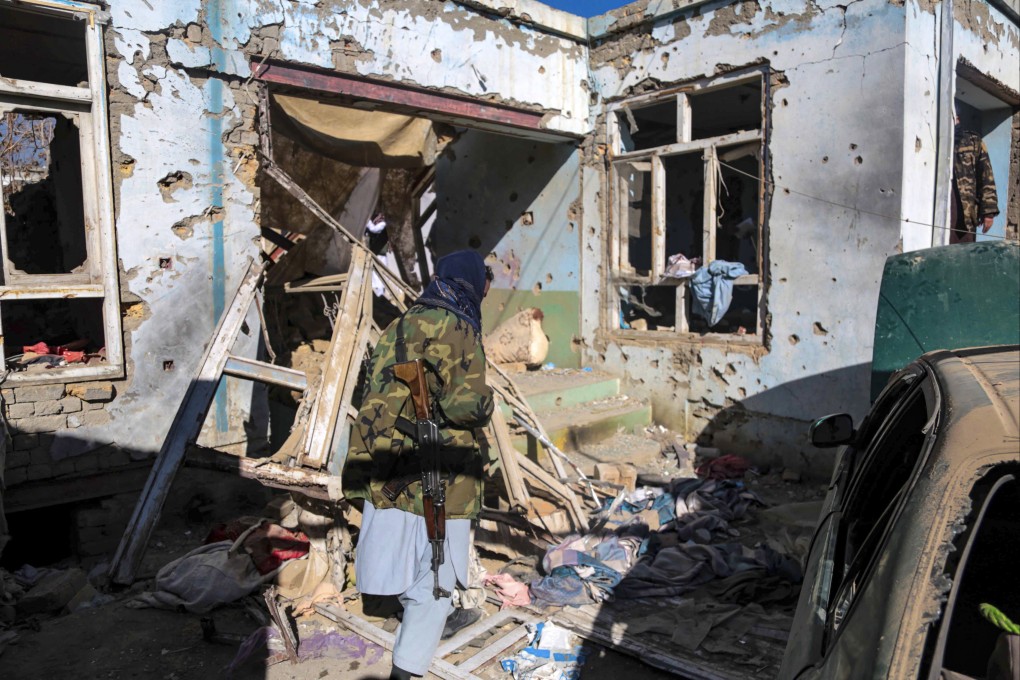Opinion | Taliban’s failures have left Afghanistan in the grip of terrorism again
- Rise of groups such as Isis-K and al-Qaeda mean Afghans live in fear, while neighbouring states, particularly China, are concerned about the threat to their investments in the country and the possibility of a spillover of terrorist activity

This comes as the United Nations Assistance Mission in Afghanistan (UNAMA) released a report last week revealing the number of civilians killed in terrorist attacks since the Taliban takeover on August 15, 2021.
According to UNAMA, 1,095 civilians were killed, including 287 children, and 2,679 wounded between the 2021 Taliban takeover and May 30 this year. Most of these casualties were a result of improvised explosive devices (IEDs) in dense, populated areas such as markets, mosques and schools.
While the civilian casualty rate is a significant drop from the 8,820 recorded in 2020, it reflects a changing security dynamic. Previously, Afghans were killed in the Taliban insurgency or by the forces of the former Afghan national security or their Western allies. Now, they are being attacked by terrorist groups in urban centres such as Kabul.
The UN report highlights “not only the ongoing civilian harm resulting from such attacks, but an increase in the lethality of suicide attacks since August 15, 2021, with a smaller number of attacks causing a greater number of civilian casualties”.
